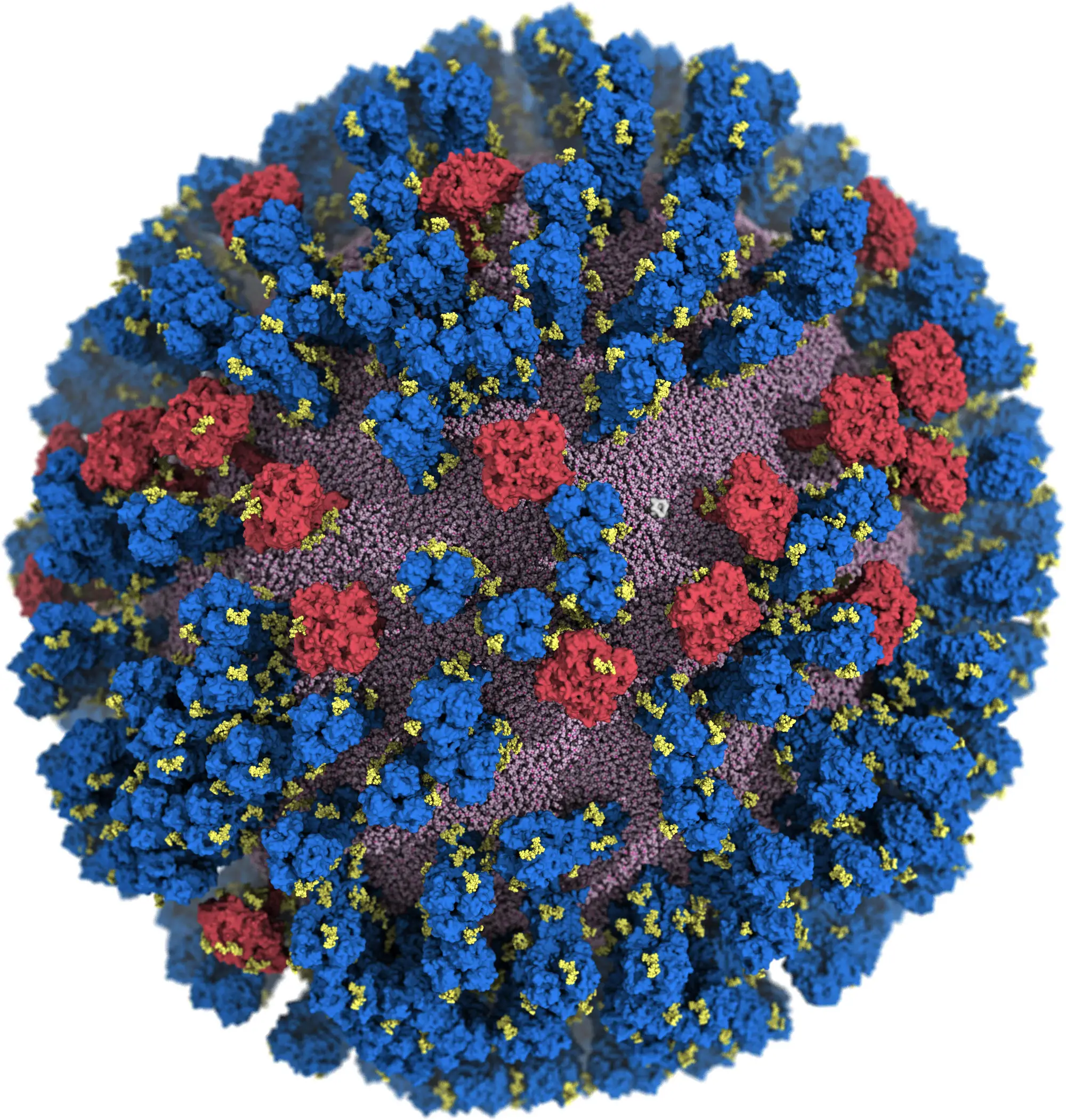Summary of Scientists Discover a Simple Way To Reduce Feelings of Guilt:
This article discusses research conducted by the University of Basel which found that placebos can reduce feelings of guilt, even when administered openly. It is suggested that guilt can be a powerful motivator for making amends and changing behavior, but excessive or prolonged guilt can lead to negative outcomes. The study found that feelings of guilt were significantly reduced in both placebo groups compared with those without medication, even when the subjects knew they had been given a placebo. Further research is needed to explore if open-label placebos can be used to treat maladaptive guilt.
*****

Guilt is an emotional response that arises when an individual perceives that they have violated a moral or ethical standard. It is often accompanied by feelings of remorse, shame, and regret. While guilt can be a powerful motivator for making amends and changing behavior, excessive or prolonged guilt can lead to negative outcomes such as anxiety, depression, and reduced self-esteem.
Guilt is an unpleasant and overwhelming emotion, but researchers at the University of Basel have demonstrated that placebos can effectively reduce feelings of guilt, even when the placebo is administered openly.
We all know that feeling of guilt that arises when we realize that our actions have caused harm to someone else. It can be a powerful emotion that drives us to take corrective action, such as offering an apology or accepting responsibility. But what if there was a way to reduce feelings of guilt without having to take any action?
This is the question that researchers at the Faculty of Psychology at the University of Basel have been exploring. Their findings have now been published in the journal Scientific Reports.
Can placebos reduce guilt?
In order to test the effects of placebos on guilt, the researchers recruited test subjects and asked them to write about a time when they had violated an important rule of conduct. The idea was to create a feeling of guilt in the participants.
The participants were then randomized to three conditions: one group was given placebo pills with being deceptively told that this was a real medication, while another group was told that they were given a placebo. Both groups were told that what they had been given would be effective against feelings of guilt. The control group was given no treatment at all.
The results showed that feelings of guilt were significantly reduced in both placebo groups compared with those without medication. This was also the case when the subjects knew they had been given a placebo. “Our study, therefore, supports the intriguing finding that placebos work even when they are administered openly, and that explanation of the treatment is key to its effectiveness,” states the study’s lead author, Dilan Sezer.
Promising results, but more research needed
Where feelings of guilt are irrational and continue for longer periods of time, they are considered maladaptive – in other words, disproportionate. These emotions can affect people’s health and are also, among other things, a common symptom of depression.
Scientific studies have shown that placebo effects can be powerful in treating depression. But the finding that open-label placebos can also be useful for such strong emotions as guilt is new. It stands to reason, says Dilan Sezer, that we should try to harness these effects to help those affected. “The administering of open-label placebos, in particular, is a promising approach, as it preserves patient autonomy by allowing patients to be fully aware of how the intervention works.

